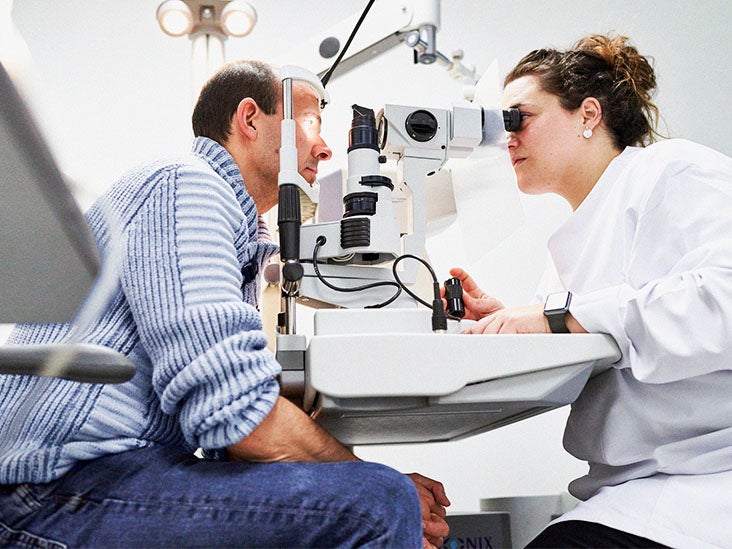
Diabetic retinopathy is a potentially sight-threatening complication of diabetes that affects the retina, the light-sensitive tissue at the back of the eye. A Diabetic Retinopathy Doctor, often an ophthalmologist or retina specialist, plays a critical role in the diagnosis, treatment, and management of this condition. In this article, we will explore the importance of a diabetic retinopathy doctor and the comprehensive care they provide to patients with diabetes-related eye issues.
Understanding Diabetic Retinopathy
Diabetic retinopathy is a common eye disease that occurs in people with diabetes, both type 1 and type 2. High blood sugar levels can damage the small blood vessels in the retina, leading to a range of vision problems and potentially causing blindness if left untreated. Diabetic retinopathy typically progresses through two stages:
- Non-Proliferative Diabetic Retinopathy (NPDR): In this early stage, the blood vessels in the retina weaken and may leak blood or fluid. NPDR may not cause noticeable symptoms, but regular eye exams are crucial to detect these early changes.
- Proliferative Diabetic Retinopathy (PDR): In advanced stages, new, abnormal blood vessels form in the retina. These fragile vessels can bleed into the eye, leading to vision loss and complications like retinal detachment.
The Role of a Diabetic Retinopathy Doctor
A diabetic retinopathy doctor specializes in diagnosing, managing, and treating diabetic retinopathy and other diabetes-related eye conditions. Their role encompasses the following key aspects:
- Early Detection: Early diagnosis of diabetic retinopathy is essential for successful management. Diabetic retinopathy doctors use various diagnostic techniques, such as dilated eye exams, optical coherence tomography (OCT), and fluorescein angiography, to assess the retina’s health and detect any abnormalities.
- Personalized Treatment: Depending on the stage and severity of diabetic retinopathy, treatment options may include laser therapy, intravitreal injections, or vitrectomy surgery. A diabetic retinopathy doctor will develop a personalized treatment plan tailored to the patient’s specific needs.
- Monitoring Progression: Diabetic retinopathy is a progressive condition that requires ongoing monitoring. Patients with diabetes are often advised to have regular eye exams to track the progression of diabetic retinopathy, evaluate the effectiveness of treatment, and make necessary adjustments to the care plan.
- Managing Diabetic Control: Effective management of diabetes is crucial in preventing or slowing the progression of diabetic retinopathy. A diabetic retinopathy doctor may work closely with the patient’s primary care physician or endocrinologist to optimize diabetes control through lifestyle modifications and medication management.
- Coordinating Care: Diabetic retinopathy often coexists with other diabetes-related complications. A diabetic retinopathy doctor plays a central role in coordinating care with other healthcare professionals to ensure that patients receive comprehensive and integrated treatment.
- Patient Education: Educating patients about their condition, the importance of blood sugar control, and the risks of diabetic retinopathy is a vital aspect of a diabetic retinopathy doctor’s role. They empower patients to take an active role in managing their eye health and diabetes.
- Support and Counseling: Coping with diabetic retinopathy and potential vision loss can be emotionally challenging. A diabetic retinopathy doctor provides emotional support, guidance, and resources to help patients and their families navigate the physical and emotional aspects of living with the condition.
A diabetic retinopathy doctor plays a crucial role in preserving vision and managing diabetic retinopathy, a sight-threatening complication of diabetes. Their expertise in early detection, personalized treatment, and ongoing care is instrumental in preventing vision loss and improving patients’ quality of life. If you have diabetes, it’s essential to prioritize regular eye examinations and collaborate with a diabetic retinopathy doctor to protect your vision and address any diabetes-related eye issues promptly. With comprehensive care and effective diabetes management, many individuals with diabetic retinopathy can maintain their visual health and lead fulfilling lives.
